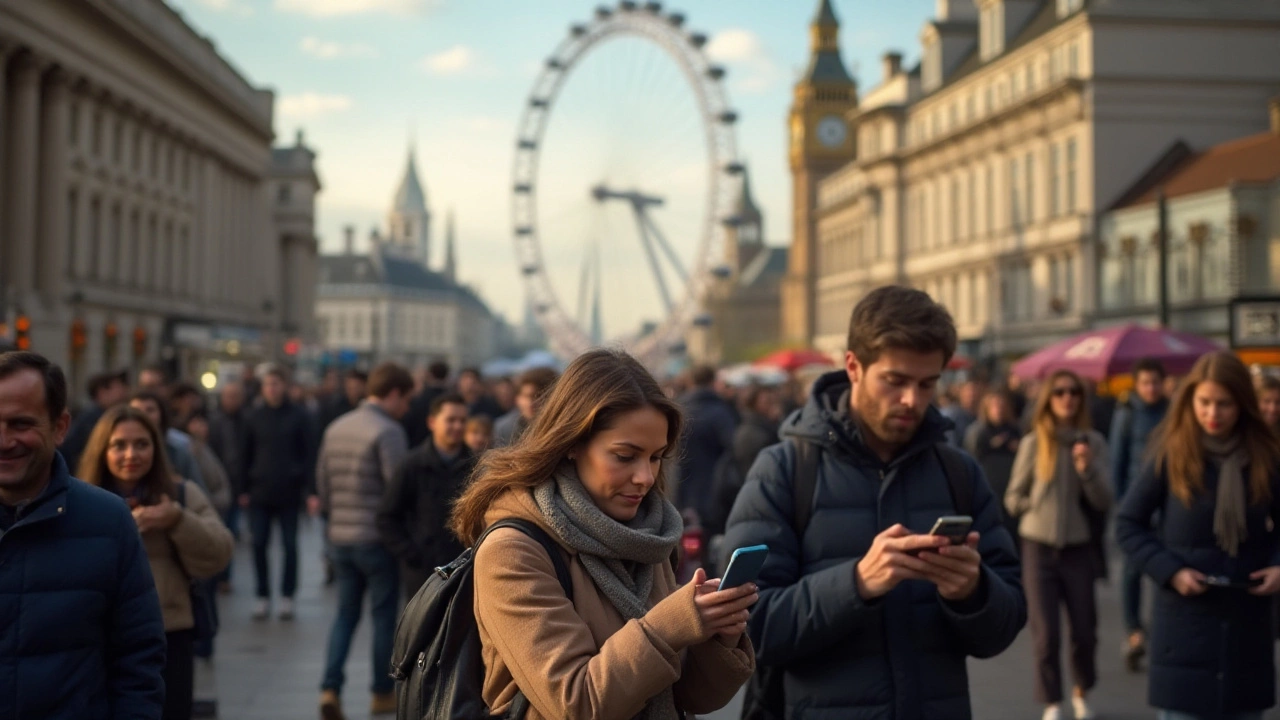Government Surveillance and Your Everyday Privacy
Ever wonder how much the state watches your online moves? From CCTV on streets to phone metadata, surveillance is everywhere. It feels like a mystery, but the basics are simple: governments collect data to keep order, prevent crime, and sometimes to control narratives. Knowing what they can see helps you decide how much you share.
Why surveillance matters today
Technology has turned every device into a data source. A single selfie can reveal your location, friends, even habits. When agencies pull that info together, they build a detailed picture of your life. That power can stop threats, but it can also be misused. Recent legislation in the UK and EU shows a tug‑of‑war between security and civil liberties.
One real‑world example: during the 2022 protests, authorities used facial‑recognition cameras to track participants. Those images later appeared in public records, affecting jobs and travel. It’s not just big‑event coverage—routine traffic cameras can log license plates, linking trips to personal calendars. The line between safety and privacy gets blurrier every day.
How to protect yourself
First step: lock down your devices. Use strong, unique passwords and enable two‑factor authentication. A password manager makes that hassle free. Next, encrypt your communications. Apps like Signal or ProtonMail keep messages out of the hands of snoopers.
Second, watch what you share online. Adjust privacy settings on social platforms so only friends see your posts. Think twice before posting location tags; they’re a goldmine for anyone mapping your movements. When possible, browse with a VPN to hide your IP address from casual trackers.
Third, clear your digital footprints regularly. Delete old emails, limit third‑party app permissions, and use browser extensions that block trackers. Even simple steps like turning off Bluetooth when not in use cut down on passive data collection.
Finally, stay informed about new laws. The UK’s Online Safety Bill and EU’s Digital Services Act set rules for data use. Knowing your rights lets you challenge overreach—whether that’s filing a data‑access request or contacting a watchdog group.
Bottom line: government surveillance isn’t going away, but you can control how much of your life ends up in the data pool. Small habits add up, turning a risky landscape into a manageable one. Stay aware, stay safe, and keep your privacy in your own hands.

The rise of Bitcoin has sparked questions about the level of government surveillance over cryptocurrency purchases. As digital currencies gain popularity, understanding the transparency of Bitcoin transactions becomes crucial. This article explores if and how governments trace Bitcoin activities, what privacy measures exist, and how individuals can protect their financial transactions. Dive into the seemingly anonymous world of blockchain and discover the realities of privacy with cryptocurrencies.
Read More